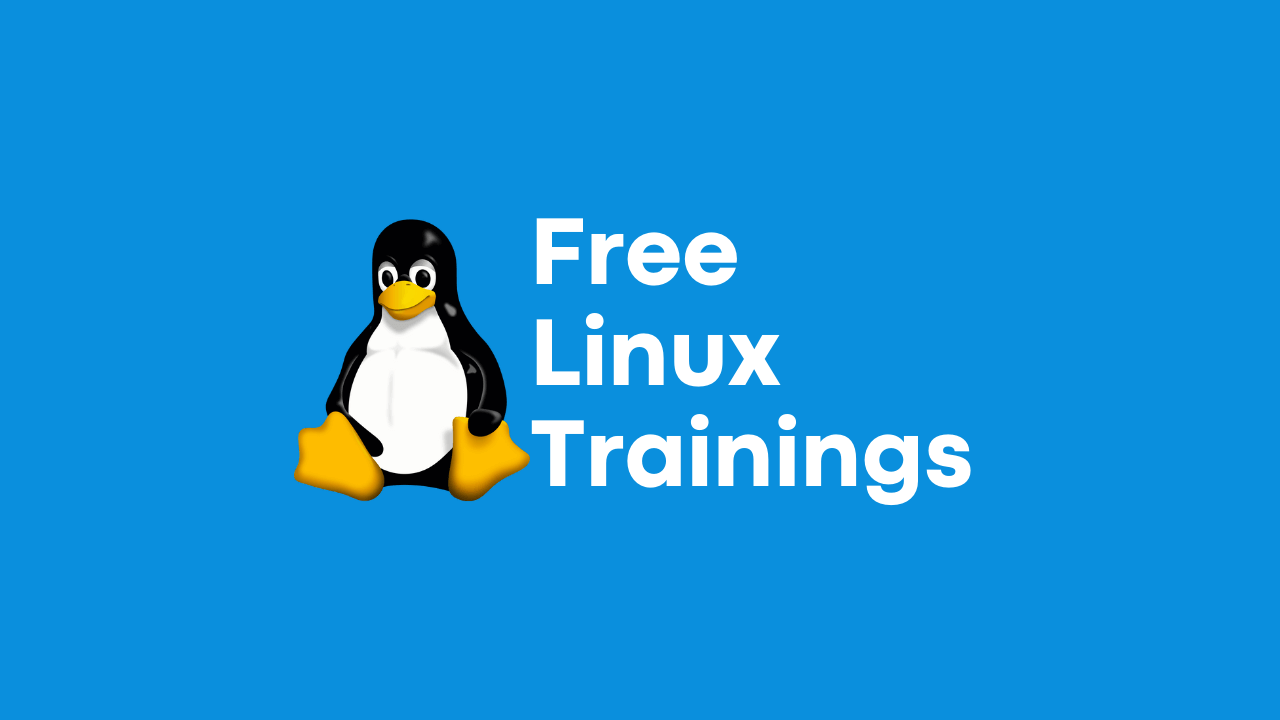# Complete Guide to Linux Online Training and Professional Certification
Linux has become the backbone of modern computing infrastructure, powering everything from smartphones and IoT devices to enterprise servers and cloud platforms. Whether you're starting your IT career or looking to advance your existing skills, Linux expertise opens doors to lucrative opportunities in system administration, [DevOps](https://www.skillsforeveryone.com/courses/devops-career-program), cloud computing, and cybersecurity. This comprehensive guide will help you navigate the world of Linux online training and professional certification.

**Why Linux Skills Are Essential in Today's Tech Landscape**
**Market Dominance and Adoption**
Linux runs on over 90% of cloud infrastructure and powers the majority of web servers worldwide. Major companies like Google, Amazon, Facebook, and Netflix rely heavily on Linux-based systems. This widespread adoption means that Linux skills are not just valuable—they're often essential for many IT roles.
**Career Opportunities and Salary Potential**
Linux professionals consistently command higher salaries than their Windows-only counterparts. Roles such as Linux system administrator, DevOps engineer, and cloud architect often offer salaries ranging from $70,000 to $150,000+ annually, depending on experience and location.
**Foundation for Modern Technologies**
Understanding Linux provides a solid foundation for emerging technologies including:
* Container orchestration with Docker and Kubernetes
* Cloud platforms like [AWS](https://www.skillsforeveryone.com/courses/aws-solutions-architect), Azure, and Google Cloud
* DevOps tools and automation frameworks
* Cybersecurity and penetration testing
* Big data and machine learning platforms
**Understanding Linux Certification Landscape**
**Major Certification Bodies**
**Linux Professional Institute (LPI)**
LPI offers vendor-neutral certifications that are globally recognized. Their multi-level approach starts with foundational skills and progresses to advanced specializations.
**CompTIA Linux+**
This entry-level certification covers basic Linux administration skills and is ideal for beginners entering the field.
**Red Hat Certifications**
Red Hat offers some of the most respected [Linux certifications](https://www.skillsforeveryone.com/courses/red-hat-linux) in the enterprise world, including RHCSA (Red Hat Certified System Administrator) and RHCE (Red Hat Certified Engineer).
**SUSE Certifications**
SUSE provides specialized certifications for their enterprise Linux distribution, particularly valuable in European markets.
**Linux Foundation Certifications**
These certifications focus on specific technologies and tools within the Linux ecosystem, including Kubernetes and cloud-native technologies.
**Choosing the Right Certification Path**
Your certification choice should align with your career goals and current skill level:
**Beginners:** Start with CompTIA Linux+ or LPI Linux Essentials
**System Administrators:** Consider RHCSA or LPIC-1
Advanced Professionals: Target RHCE, LPIC-2, or specialized certifications
DevOps/Cloud Professionals: Focus on Linux Foundation certifications for Kubernetes and cloud-native technologies
**Types of Linux Online Training Available**
**Self-Paced Online Courses**
Self-paced courses offer maximum flexibility, allowing you to study around work and personal commitments. These typically include:
* Video lectures and demonstrations
* Interactive labs and exercises
* Downloadable resources and study guides
* Practice exams and assessments
**Live Virtual Training**
Live virtual training combines the convenience of online learning with real-time interaction. Benefits include:
* Direct access to expert instructors
* Real-time Q&A sessions
* Structured learning schedules
* Peer interaction and networking opportunities
**Bootcamp-Style Intensive ProgramsZ**
Intensive bootcamps compress months of learning into weeks of focused study. These programs are ideal for career changers or those needing rapid skill development.
**University and College Online Programs**
Many accredited institutions offer online Linux courses as part of degree programs or continuing education. These provide formal academic credentials alongside technical skills.
**Future Trends in Linux Training and Certification**
**Cloud-Native Focus**
Training programs increasingly emphasize cloud-native technologies, containers, and orchestration platforms like Kubernetes.
**DevOps Integration**
Modern [Linux training](https://www.skillsforeveryone.com/courses/red-hat-linux) incorporates DevOps practices, automation tools, and continuous integration/continuous deployment (CI/CD) pipelines.
**Security Emphasis**
With growing cybersecurity concerns, Linux training now includes more security-focused content and practices.
**Microlearning and Adaptive Platforms**
Training platforms are adopting microlearning approaches and AI-driven adaptive learning technologies to personalize the educational experience.
Linux skills represent a valuable investment in your technology career, offering diverse opportunities across multiple industries and specializations. The key to success lies in choosing quality training that combines comprehensive theoretical knowledge with extensive hands-on practice.
Take time to research your options thoroughly, considering your current skill level, career goals, and learning preferences. Whether you choose self-paced [online courses](https://www.skillsforeveryone.com/courses/red-hat-linux), live virtual training, or intensive bootcamps, commit to consistent practice and ongoing learning.
Remember that Linux certification is not an endpoint but a milestone in your professional development journey. The field continues to evolve rapidly, requiring ongoing education and adaptation. By building a strong foundation through quality training and maintaining a commitment to continuous learning, you'll be well-positioned to take advantage of the many opportunities in the Linux ecosystem.
Start your Linux journey today, and open the door to a rewarding career in one of technology's most dynamic and essential fields.